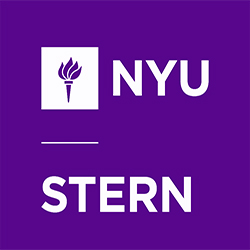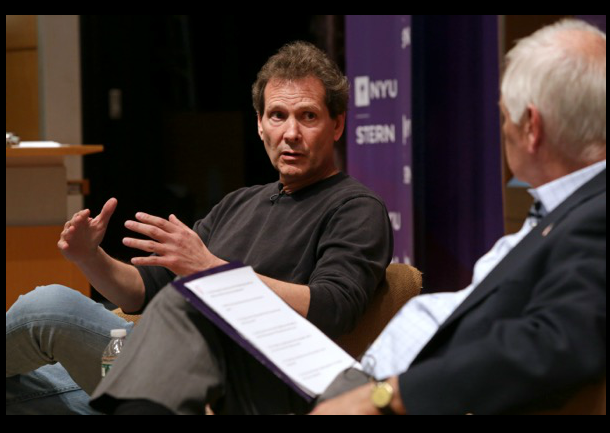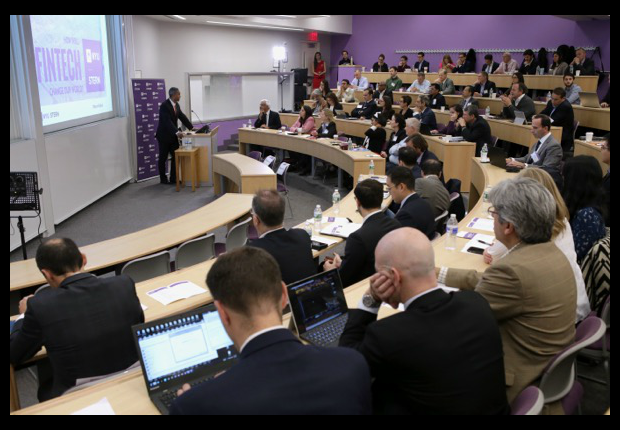As someone who is taking a non-traditional path with recruiting, a network is very important to me. When I was deciding between schools and deciding on what I wanted to do after business school, part of the decision included looking at a school’s alumni. Are these alumni at places I could see myself working at? Are they career changers like myself? Are they willing to take the time to speak with me as I search for my summer and full-time opportunities? With Stern, the answer to these questions was always yes.
Despite the disparate nature being at a school that doesn’t have a strong sports team and with students living in different boros of New York City, Sternies still develop great relationships. While in school, you develop relationships with your classmates (future alumni). While taking experiential classes, alumni come back to mentor you on projects, speak to your classes and impart the knowledge they learned while they were at Stern, and even as they progress in their careers. A LinkedIn message or an email also goes a long way with Stern alumni. I have spoken to alumni at least once a week since I started at Stern. The greatest thing about the network is the common bond – these people were in your shoes once. They assure you that they were successful, they did fine, and at the end of the day, they have amazing jobs. The alumni are here to help you, not hurt you, so it’s great to take advantage of such an important resource.
The Stern alumni not only speak with you, they connect you to others in their own personal network – Stern alumni from their year in business school or even contacts at the company you are interested in. That means your Stern network is endless. You have your class, the MBA2s, the incoming MBA1s and the additional Stern alumni. That’s a lot of people.
Now, you may be thinking – sure, every school has alumni.
So, makes the Stern network so great and why are they so important?:
- Stern alumni exist across a variety of industries, which comes with the vast number of specializations our school offers. This is something that is unique to Stern. The diversity of alumni experiences is evident (in the form of specializations or even the countries they work in). I recently attended an event held by the Luxury and Retail Club featuring Madecasse, a chocolate company based out of New York, a product actually featured at Whole Foods – not something that I thought I would ever experience while at school. How cool!
- In addition to the diversity of Stern alumni, our classes are also taught by clinical professors who are experts in their field and who have other jobs in addition to teaching at Stern. Some key clinical professors include Professor Thomai Serdari (Luxury Marketing) and Professor Scott Galloway (Brand Strategy). These professors either own their own companies (in the case of Professor Galloway with L2, Inc.) or work with many companies on a day-to-day basis (in the case of Professor Serdari). These professors are always willing to help.
- Let’s not forget the additional alumni that full-time students tend to forget about. NYU Stern also has the Langone program (our part-time program). These part-time students are working whilst doing their MBA and work at companies that you could potentially work for. This is an untapped network, and a very important one.



